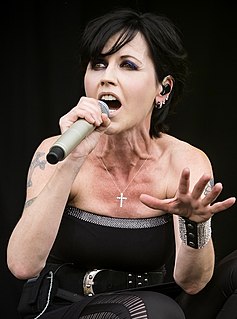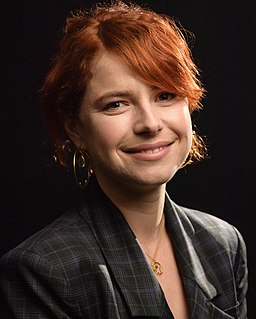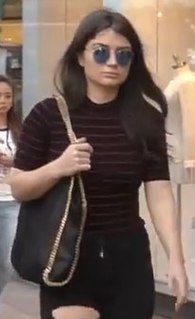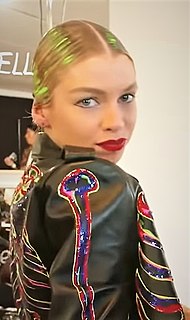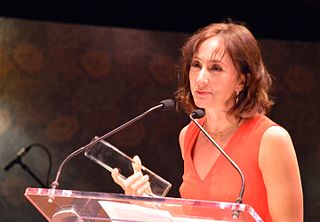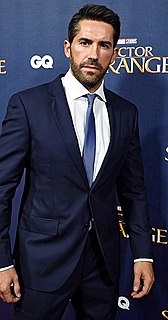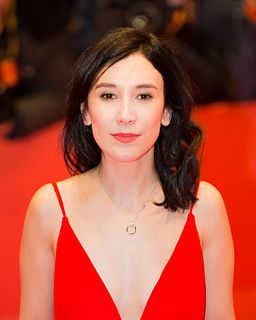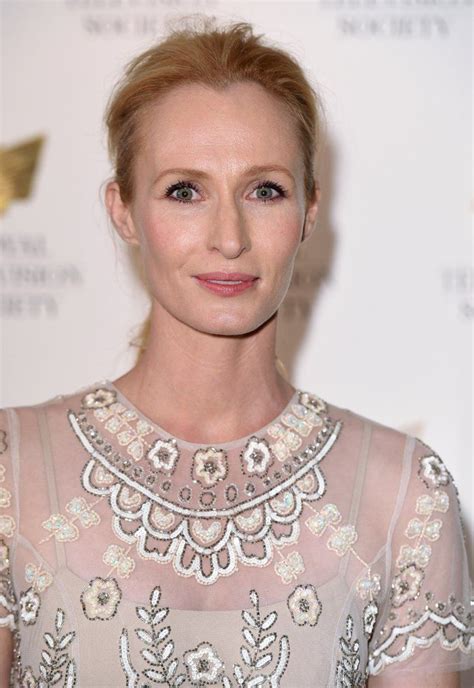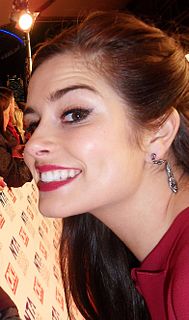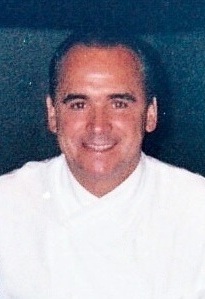A Quote by Dolores O'Riordan
People often ask me why I sing with a strong Irish accent. I suppose when I was five years old, I spoke with a strong Irish accent, so I sang with one, too.
Related Quotes
All my family look Irish. They act Irish. My sister even has red hair... it's crazy. I'm the one that doesn't seem Irish. None of the kids in my family, my siblings, speak with an Irish accent... we've never lived there full-time; we weren't born there. We just go there once or twice a year. It's weird. Our parents sound Irish, but we don't.
I think moving from Ireland to Australia, you couldn't get a more different accent on the palate. The Irish accent is very muscular and involves a lot of tongue and cheek-muscle work, whereas the Australian accent is really flat; the palate is quite broad. They're at almost opposite ends of the scale, so I feel it was good training.
